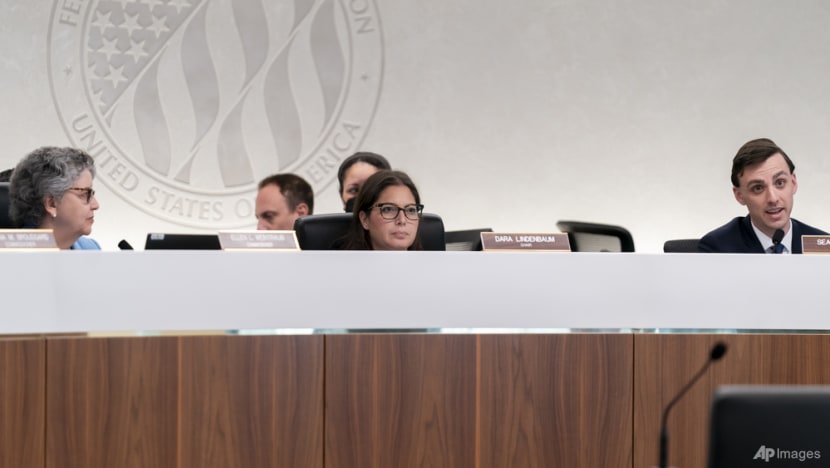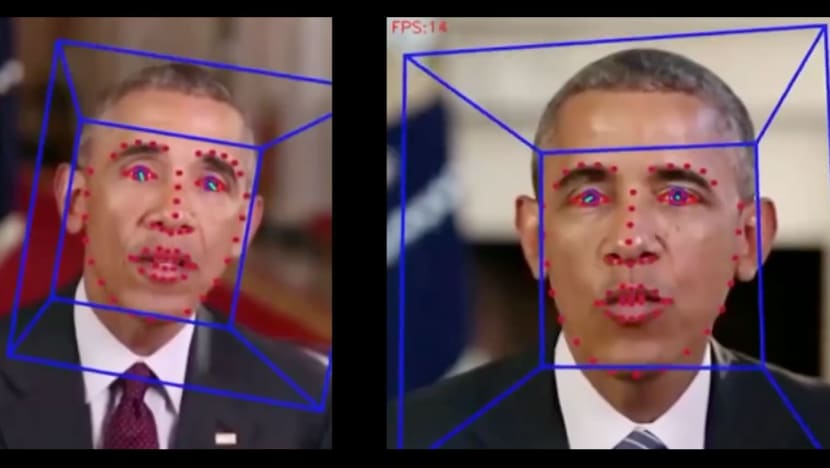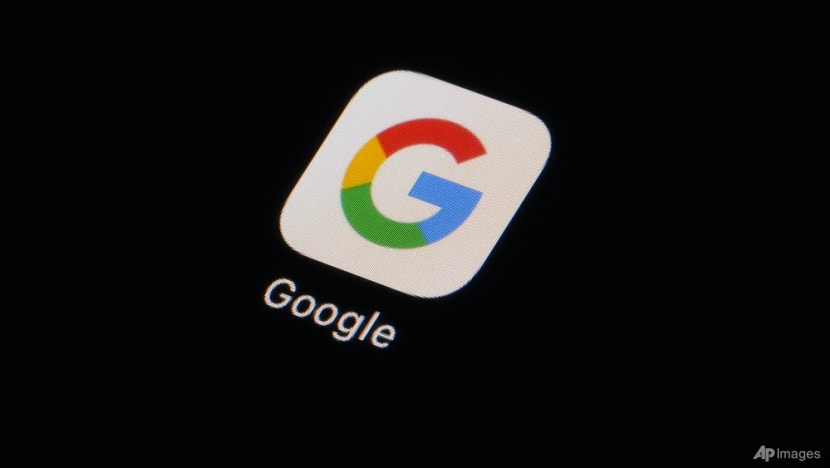AI boosts democratic process but concerns remain over its use to spread misinformation, influence elections
The question of what can be done about deepfakes and other AI content is a complex issue in the United States, where freedom of speech is a constitutional right.

Chair of the Federal Election Commission Dara Lindenbaum, center, listens during a Federal Election Commission public meeting on whether it should regulate the use of AI-generated political campaign advertisements, Thursday, Aug. 10, 2023, in Washington. (AP Photo/Stephanie Scarbrough)
SAN FRANCISCO: Deepfake videos and other deceptive uses of artificial intelligence (AI) have raised concerns that the technology will be used to spread misinformation and influence elections around the world.
However, there is also excitement about AI's potential to strengthen the democratic process, said observers.
At a recent hearing in the United States Senate with major tech leaders, voting in the age of AI featured prominently.
COMPLEX ISSUE
Microsoft president Brad Smith said at the hearing that 2024 is a critical year for elections not only for the US but also “for the United Kingdom, for India, (and) across the European Union.”
The question of what can be done about deepfakes and other AI content is a complex issue in the US, where freedom of speech is a constitutional right.
Despite the potential for foreign interference in elections, observers said banning the technology may not be the answer.
“We need to avoid having especially foreign entities interfere in our elections, but at the same time, AI-generated content is speech,” said Dr William Dally, chief scientist at tech firm Nvidia, whose chips are used in AI applications.
“And I think it would be a dangerous precedent to try to ban something. I think it's much better to have disclosure than to ban something outright.”

However, a bipartisan group of senators has put forward legislation that would ban the use of deceptive AI-generated content in federal elections.
PROTECTING CONSUMERS
Companies are also doing what they can to protect consumers.
Tech giant Google, for instance, will later this year require political ads to disclose when video and images have been manipulated.
At Dreamforce, a major tech event in San Francisco earlier this month, AI dominated the agenda. The conference, an annual flagship event by enterprise software giant Salesforce, is considered a big deal in the global technology hub.
The rise of AI has sparked what some observers are calling the new gold rush for the tech scene.

Yet, there is growing public concern about the potential of AI to disrupt the democratic process.
According to a recent poll by media firm Axios and intelligence company Morning Consult, about half of Americans believe AI will hurt the upcoming presidential elections. These respondents expect misinformation spread by AI to impact who wins the 2024 election.
A third of respondents say they will be less trusting of the results because of AI.
Backers of former US President Donald Trump were nearly twice as likely as supporters of current President Joe Biden to say that AI would decrease their trust in election results, the poll found.
POTENTIAL OF AI
However, there is also some optimism in political circles about the potential of AI.
Observers believe with major elections on the horizon and the rapid advancement of AI, the technology is likely to play a bigger role.
“I think there are huge possibilities,” said corporate strategist and political pollster Bradley Honan, chief executive officer and president of data analytics firm Honan Strategy Group.
“I am concerned that so much of the conversation is negative rather than looking, at the same time, at some of the incredible ways of harnessing this never-before-seen power, which could be a huge boost, if we do this right, to democracies around the world.”
He added that those possibilities include being able to do better voter outreach, detect election irregularities and combating misinformation.



















